A walking tour of the cultural cornerstones that brighten Montreal communities
Shining a light on some of Montreal’s family-owned restaurants and shops
Montreal is known for its multiculturalism. Little Italy, Greektown, and Chinatown are among the many neighbourhoods blossoming with their respective culture and heritage.
A tour around the city quickly brings to light these communities and their traditional, family-owned shops and restaurants.
The first stop on the tour is Park Extension. According to Centraide of Greater Montreal, a community organization that gathers information and resources for municipalities across the island, this area is one of the city’s most impoverished and has the highest immigrant and visible minority populations. Upon entering the neighbourhood, the Statue of the Greek Immigrant can be seen as a tribute to the area’s history. The statue, completed in 2017 by a sculptor Giorgos Houliaras, displays a father, a mother, and their child, holding suitcases as they look ahead to the world facing them.
Greek immigration accelerated in the 19th century due to poverty and political tensions in Greece, as stated in the government of Canada Greek immigration archives. While the Greek population is slowly declining, many immigrant families from India, Bangladesh, and Pakistan continue to settle in Park Extension. This neighbourhood has historically been a transitional place for immigrants to settle upon arriving in Canada, given the widespread diversity and access to socioeconomic resources, as explained by Université du Québec à Montréal communications professor Yanick Farmer.
A closer look into the neighbourhood reveals many family-owned shops and businesses. Souvlaki Village Grec, a traditional Greek restaurant located on Jean-Talon St. W. facing Athena Park, is a prime example of this. Nikolas Panitsas, the owner, said the restaurant has been open for 47 years. Panitsas explained that over the years, he has become friends with all his customers and prides himself on creating a hospitable environment. “We try to make [customers] feel like they are at home,” he said.
Yet, over time, the neighbourhood has changed. During the mid-1990s, following Quebec’s first referendum, many Greeks began to move out of Park Extension towards areas like Laval and Dollard-des-Ormeaux, explained Panitsas.
“We keep the tradition alive.” — Tonino Naccarato
Many business owners left the neighbourhood because of high housing costs, said Panitsas. Aside from that, the installation of the new UdeM campus gentrified the neighbourhood, according to the Centraide of Greater Montreal.
The clientele of the restaurant also changed. “There used to be a lot of Greeks and Italians. Now it is more multicultural,” said Panitsas.
Slightly east of Park Extension is Little Italy, a region consisting of traditional Italian restaurants, grocery stores, and boutiques. Cortina Shoes, located on St. Laurent Blvd., is right in the heart of the neighbourhood. Immediately upon entering the shop, the smell of leather fills the air. The shoes showcased are different from most other shoe stores in Montreal, explained co-owner Robert Puglisi. He said the store imports shoes almost exclusively from Europe.
Over time, Cortina Shoes has secured a loyal customer base as individuals continuously come back to buy new shoes for major milestones in life, which include weddings and anniversaries. “The people that come in know us,” he said. “We become friends with our clientele. Some of them we’ve known for 25 years. So, they might just stop by to say hi.”
Caffè San Simeon, an Italian coffee shop opened in 1979 and located on Dante St., has a similar atmosphere and shares the same sense of familiarity between business owners and their customers. “We keep the tradition alive,” explained barista Tonino Naccarato. The coffee shop is small with only a few tables for customers to sit. Many people walk in for a shot of espresso and leave.
Naccarato proudly points to the plate of zeppolis, a type of traditional Italian pastry, available behind the counter. The air smells like freshly brewed coffee as a line of people tightly squeeze into the restaurant, waiting to be served.
Naccarato knows all his customers’ orders by heart, despite only working at the café for a little less than a year. Meanwhile, customers sit around with friends and family, laughing carelessly on a rainy Sunday afternoon.
The next stop is Côte-des-Neiges, a neighbourhood pulsating with large Filipino, Jewish, Black Anglophone, Eastern European, North African, and Latin American communities, among others.
Aliments Exotiques, a grocery shop located on the corner of Victoria and Bouchette streets represents this diversity. Nitharshana Sinniah said her father and his siblings opened the store in 2006 after immigrating from Sri Lanka. She used to work in the store stocking shelves and bagging items.
She has great childhood memories working in the store. “We sell products you don’t get anywhere else,” she said. In accommodation to the large Asian and Jamaican communities, specialty foods are sold. She proudly spoke about how delicious the Jamaican patties are. “The whole community knows [our family] because of the store.”
Authenticity is an important quality in a business, said Joe Lee, owner of Mon Nan, a traditional Chinese restaurant located in the heart of Chinatown. The restaurant was first opened in 1982 by his father and uncles, and later passed on to him.
Yet, Lee’s restaurant has its fair share of challenges, among many, facing the community. He said he is likely the last generation of his family to take over the business. “Just finding young chefs is very hard, especially in a Cantonese restaurant.” He said the younger generations tend to open fusions which integrate North American influences.
Lee is also trying to simplify the restaurant’s menu to adapt to the changes. He believes doing so will make the restaurant more appealing and accessible to the public.
Chinatown as a whole is struggling, explained Lee. “There are no immigrants coming,” he said. “There is nothing really in Chinatown that will attract people when you have so many little Asian communities everywhere around Montreal,” he said. He explained that Chinese shops and restaurants are now appearing near Pie-IX, Jean-Talon, and across downtown.
Despite these realities, Lee is hopeful the neighbourhood will readapt. “I think Chinatown has that potential if we get that hype.”
These communities continue to be supported by business owners. Many of them quoted determination, hard work, and loyalty, as the reasons for their success. “Especially being in a business, you need to have these qualities,” said Lee.
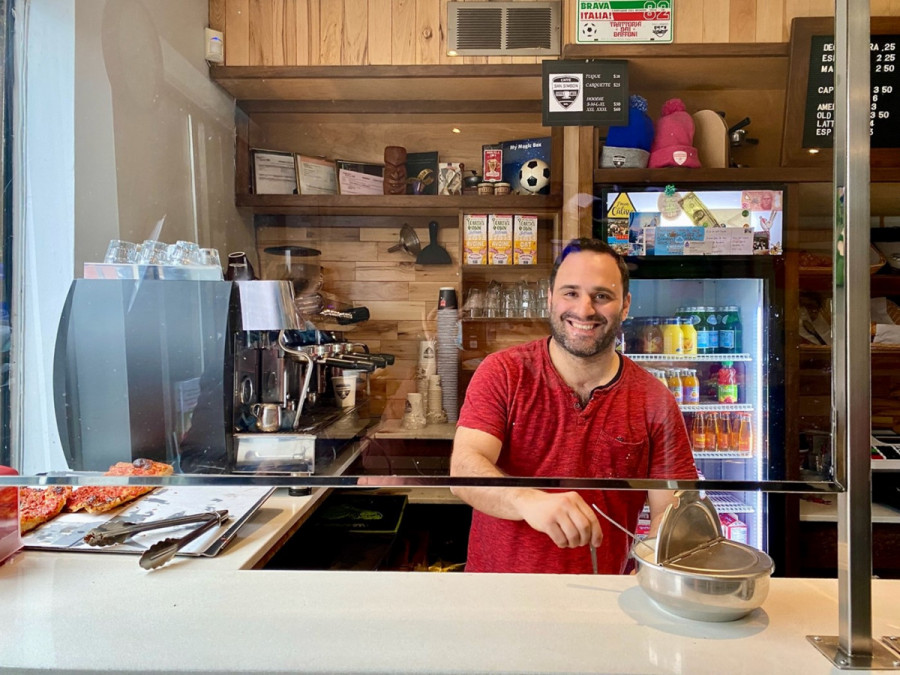
This article originally appeared in The Sidewalk Issue, published April 5, 2022.

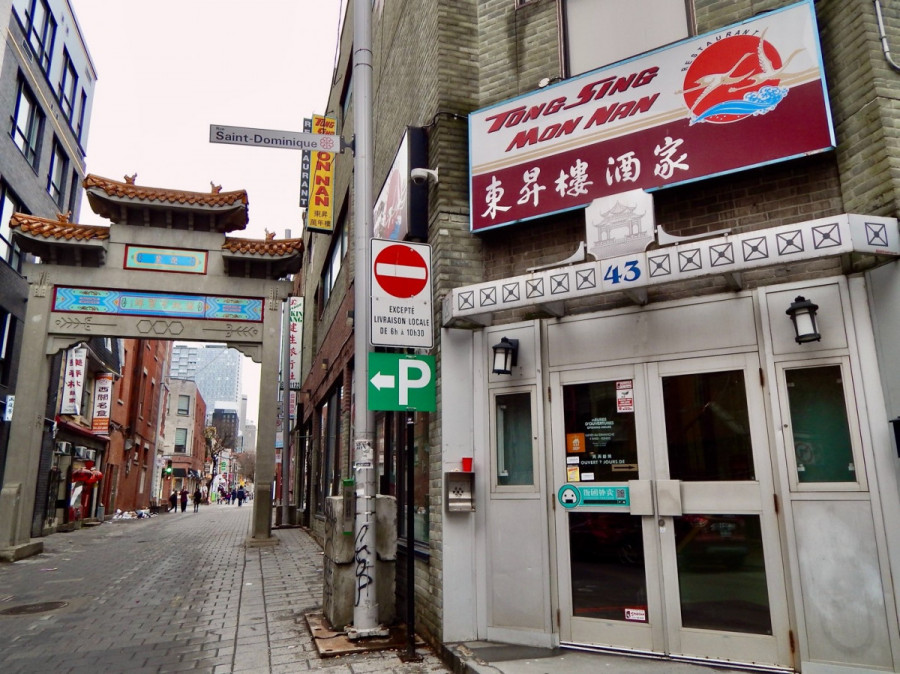
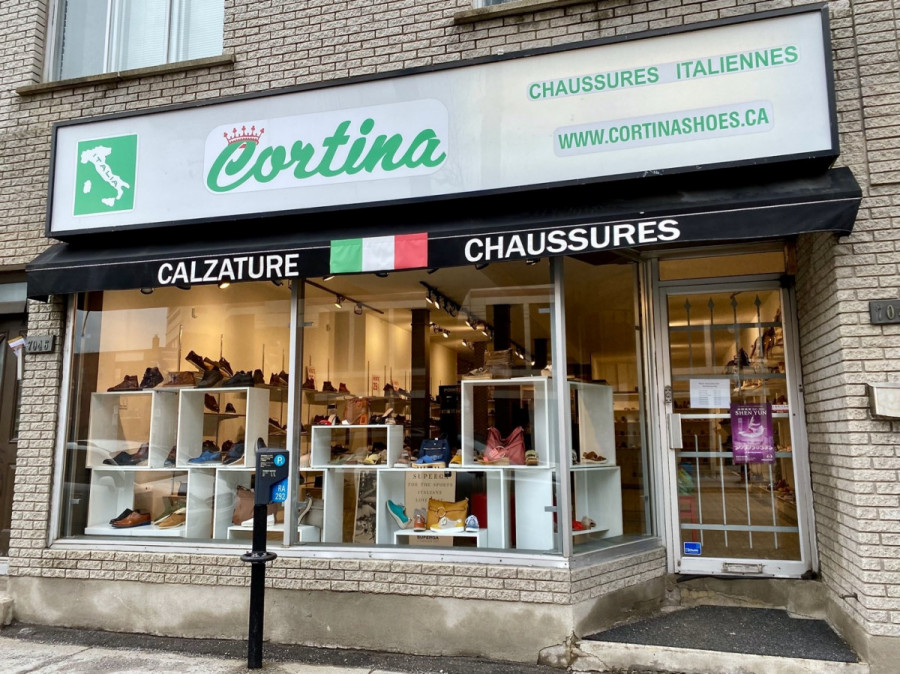
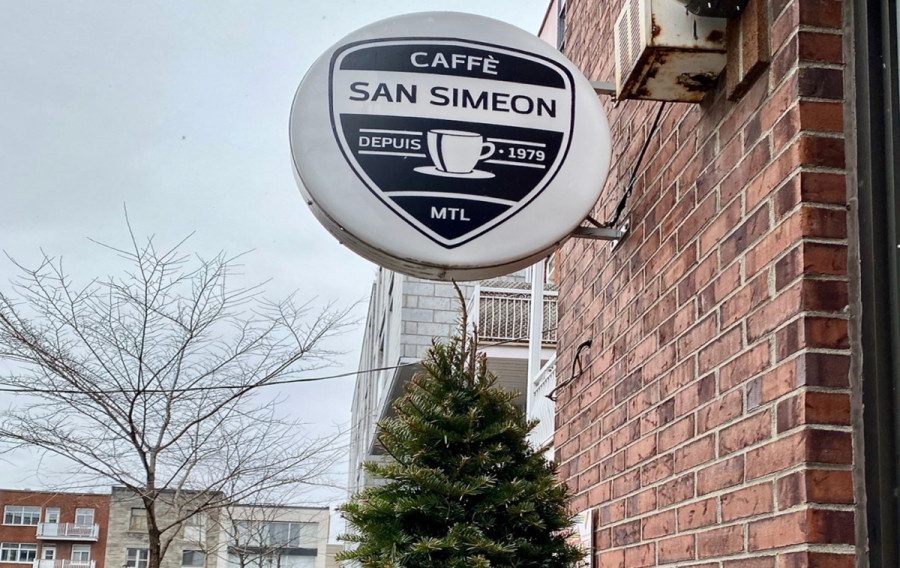
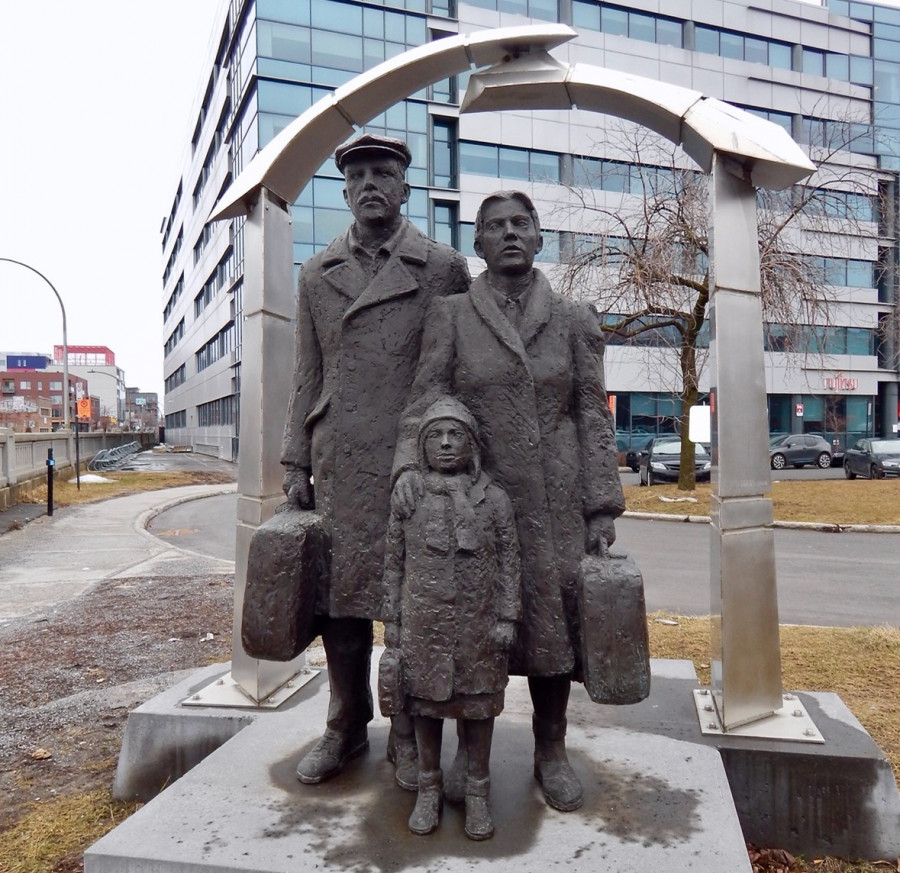
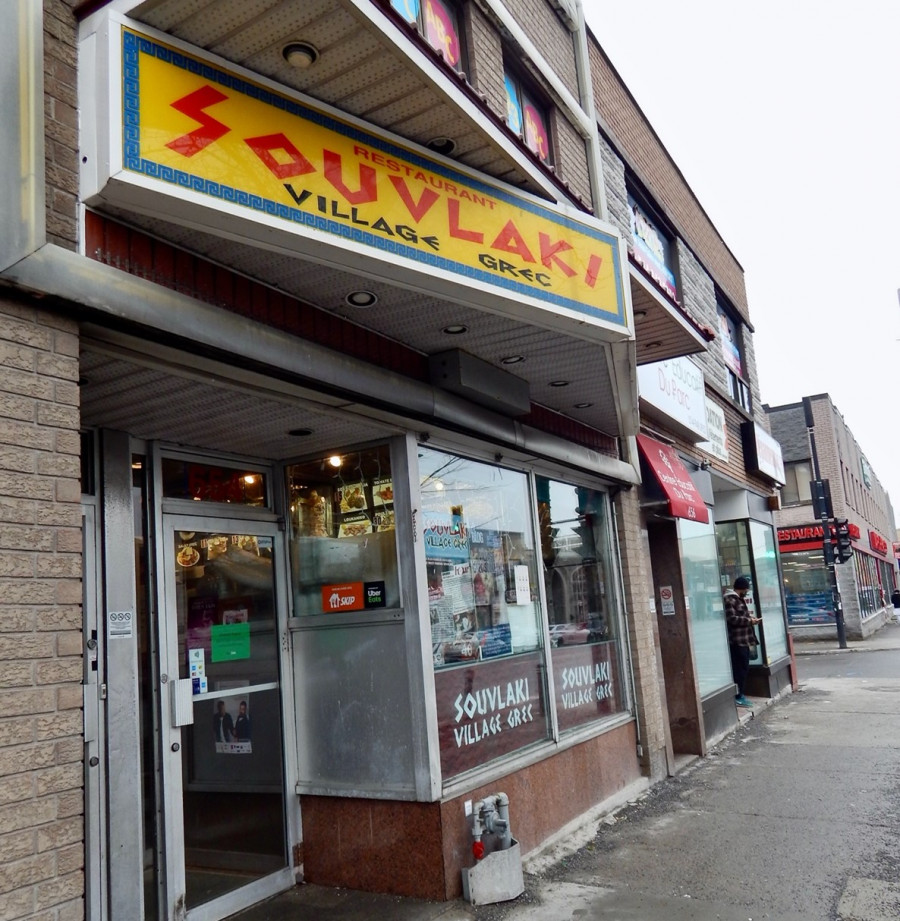





_600_375_90_s_c1.jpg)